The CEOs of two of the top producers of COVID vaccines are telling reporters that some Americans may need a booster shot as soon as September in order to maintain their immunity. When I first looked at the headline, my initial response was to think that estimate seems rather quick. Are the vaccines too weak or is the virus just mutating too rapidly? But reading further into the report, neither of those may be the case. The CEOs are relaying the latest results of ongoing testing of the vaccines on a very broad scale, so the results we see will continue to evolve as part of that process. Also, the patients they are talking about are a rather limited group. (The Hill)
The first Americans who received their COVID-19 vaccines could need a “booster” shot of as soon as September, the CEOS of Pfizer and Moderna told Axios.
“The data that I see coming, they are supporting the notion that likely there will be a need for a booster somewhere between eight and 12 months.” Pfizer CEO Albert Bourla said during a virtual event with the news outlet on Wednesday.
That means that those who received the vaccine early this year could require a booster shot in September or October to help protect against contracting, or spreading, COVID-19.
The reason the date in question seems so quick is that it’s already May and there are still people who are only now getting their first injections. But the CEOs of both Pfizer and Moderna are delivering the same message and the possibility of needing a booster by September wouldn’t apply to them. They’re talking about “the first Americans” to be vaccinated, so those would be the early volunteers who got their jabs in January or early February.
Also, there is still a range being offered in how long your immunity will last. Both CEOs are saying that the vaccine should remain effective for “eight to twelve months.” So September would be the earliest that the first recipients would need it. They might not need it until Christmas. And if we’re talking about a full year, that’s the normal cycle that doctors suggest for the flu vaccine, so we really wouldn’t be dealing with anything all that different.
It appears that much of this seemingly conflicting information is a result of Operation Warp Speed. The blistering pace with which the pharmaceutical companies developed the vaccines and the FDA moved to grant emergency approval is turning out to be both a blessing and a curse. Traditionally, it would have taken years for a brand new vaccine to be completed and approved. The medical professionals testing and evaluating the vaccine’s safety and efficacy would have had at least a year’s worth of data covering a large number of patients prior to the product being approved. But this all happened so fast that we still don’t know if the immunity granted by these vaccines will last an entire year because there is nobody alive who was vaccinated a full year ago.
Phase three testing of the Pfizer vaccine began on July 27th of last year and that testing was done on a limited number of volunteers. Those people will be hitting the one-year mark in roughly two months and doctors are continuing to monitor them to see what level of antibodies remain in their systems. By the end of this year, they will have huge numbers of people to test and start crunching the data. But keeping those dates in mind, this announcement does raise one question for me. Those first test subjects are currently ten months into the experiment and the next, larger batch that began in September are at the eight-month mark. Are they already seeing the immunity levels fading in a significant number of those volunteers? If so, that might be where they are getting the eight-month estimate from.

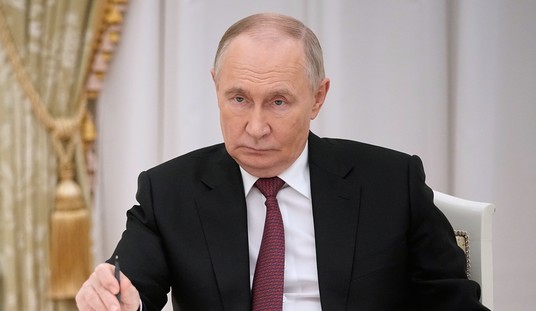
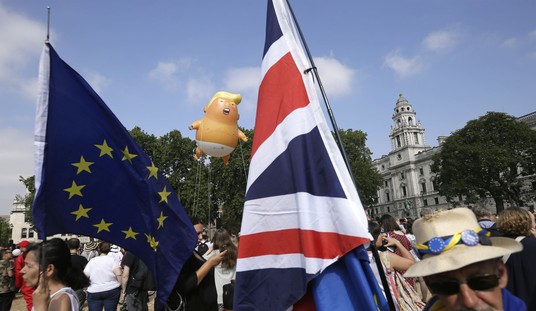
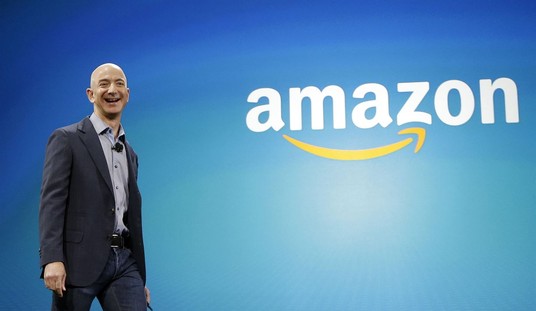


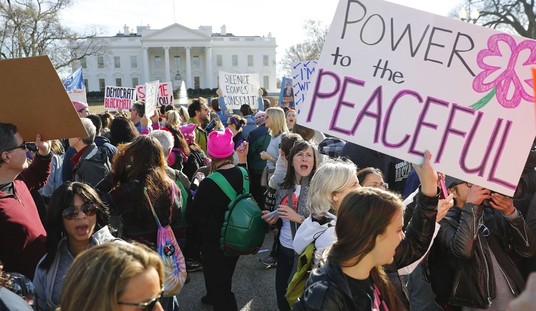
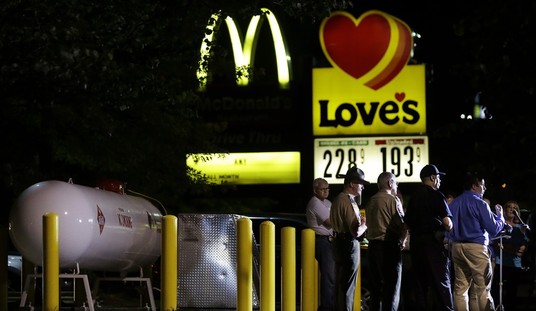
Join the conversation as a VIP Member